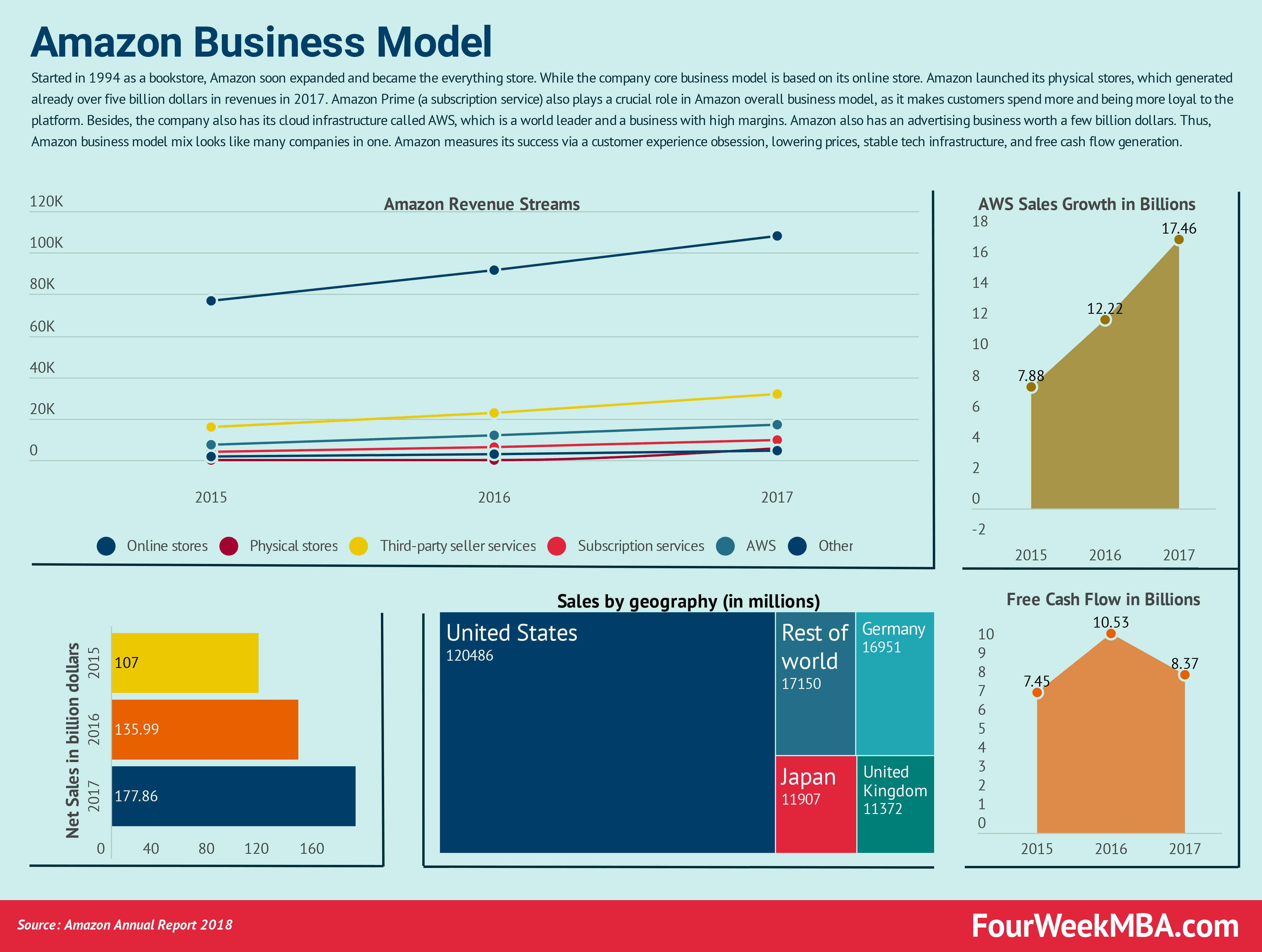
Contents
- 1 The Power of Effective Business and Financial Strategies
- 1.1 1. Define Your Vision
- 1.2 2. Conduct a SWOT Analysis
- 1.3 3. Set SMART Goals
- 1.4 4. Develop a Comprehensive Marketing Plan
- 1.5 5. Implement Efficient Financial Management
- 1.6 6. Foster a Culture of Innovation and Continuous Improvement
- 1.7 7. Build Strong Relationships with Suppliers and Partners
- 1.8 8. Stay Ahead of the Competition
- 1.9 9. Embrace Technology
- 1.10 10. Regularly Evaluate and Adjust Your Strategies
The Power of Effective Business and Financial Strategies
Running a successful business requires more than just an innovative product or service. It requires a well-thought-out and executed business and financial strategy. These strategies act as a roadmap to guide you towards your goals and help you make informed decisions along the way. In this article, we will explore ten powerful strategies that can take your business to new heights of success.
1. Define Your Vision
Start by clearly defining your vision for the business. What do you want to achieve? Where do you see your company in the next five years? Having a clear vision will help you align your strategies and make decisions that are in line with your long-term goals.
2. Conduct a SWOT Analysis
Performing a comprehensive SWOT (Strengths, Weaknesses, Opportunities, and Threats) analysis will help you identify your business’s internal strengths and weaknesses, as well as external opportunities and threats. This analysis will enable you to capitalize on your strengths, address weaknesses, seize opportunities, and mitigate threats.
3. Set SMART Goals
SMART (Specific, Measurable, Achievable, Relevant, Time-based) goals provide a clear framework for setting and achieving objectives. By setting SMART goals, you can ensure that your efforts are focused, measurable, and aligned with your overall business strategy.
4. Develop a Comprehensive Marketing Plan
A well-crafted marketing plan is crucial for reaching your target audience and promoting your products or services effectively. Identify your target market, understand their needs, and develop marketing strategies and tactics that resonate with them. Use a mix of traditional and digital marketing channels to maximize your reach and impact.
5. Implement Efficient Financial Management
Effective financial management is essential for the long-term success of any business. Create a budget, track your expenses, and regularly review your financial statements. Use financial management tools and software to streamline your processes and make informed decisions based on accurate financial data.
6. Foster a Culture of Innovation and Continuous Improvement
Encourage your team to think outside the box and come up with innovative ideas to improve your products, processes, or customer experience. Embrace a culture of continuous improvement and provide your employees with opportunities for professional growth and development.
7. Build Strong Relationships with Suppliers and Partners
Developing strong relationships with your suppliers and partners can bring numerous benefits to your business. Collaborate with reliable suppliers to ensure a steady supply of quality products or components. Cultivate strategic partnerships that can help you expand your reach, access new markets, or enhance your offerings.
8. Stay Ahead of the Competition
Monitor your competitors closely and stay updated on industry trends and market developments. Identify gaps in the market and leverage your strengths to gain a competitive edge. Regularly assess and adjust your strategies to stay one step ahead of the competition.
9. Embrace Technology
Technology is rapidly changing the business landscape. Embrace digital transformation and leverage technology to streamline your operations, improve efficiency, and enhance the customer experience. Explore new technologies such as artificial intelligence, automation, or data analytics to gain a competitive advantage.
10. Regularly Evaluate and Adjust Your Strategies
Business environments are dynamic, and strategies that worked in the past may not be effective in the future. Regularly evaluate your strategies, measure their effectiveness, and be willing to adapt and adjust as needed. Stay agile and responsive to changes in the market, customer preferences, or technological advancements.
In conclusion, implementing effective business and financial strategies is essential for the success and growth of your business. By defining your vision, conducting a SWOT analysis, setting SMART goals, developing a comprehensive marketing plan, implementing efficient financial management, fostering a culture of innovation, building strong relationships, staying ahead of the competition, embracing technology, and regularly evaluating and adjusting your strategies, you can position your business for long-term success and achieve your goals.




